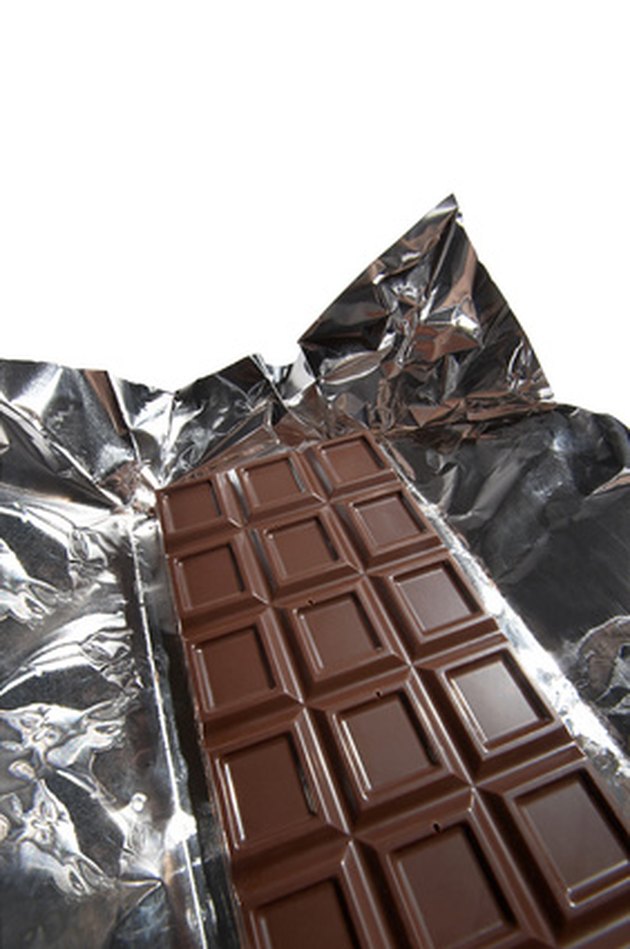

Food and Drug Administration (FDA), which means they don’t undergo the rigorous testing for safety and effectiveness as other drugs. It’s also important to note that natural sleep aids are not approved by the U.S. Many of the studies out there have inconclusive findings. Large, well-designed scientific studies on natural sleep aids-which mostly consist of dietary and herbal supplements-are few and far between. What’s the most effective natural sleep aid? It’s best to look for one with a background in helping to change sleep habits. The therapy is generally provided by a clinical psychologist. For example, don’t drink caffeine in the evening and keep your bedroom at a comfortable temperature.

Some sleep disorders need a medical evaluation and, usually, a medical intervention targeted to the problem. It could be a health issue such as obstructive sleep apnea (a sleep-related breathing disorder) or restless legs syndrome (a sleep-related movement disorder). And many times the sleep aid acts like a Band-Aid, masking, but never getting at the real root of your sleep problem. Still others work, but with side effects-like morning grogginess. Many don’t have a lot of scientific data proving their effectiveness. Lack of sleep is a serious problem, but experts caution that there are pros and cons to every sleep aid marketed.

customers spend tens of billions of dollars each year on everything from herbal supplements to prescription sleep medications in the quest for better sleep. With so many struggling with shut-eye, it should come as no big surprise, then, that sleep aids are a booming business. It’s the third time this week you’ve been ghosted by sleep and you’re getting desperate for some solid slumber.Ĩ0% of people say they have trouble sleeping at least once a week, according to a 2018 Consumer Reports survey. and you’ve been tossing and turning for hours.


 0 kommentar(er)
0 kommentar(er)
